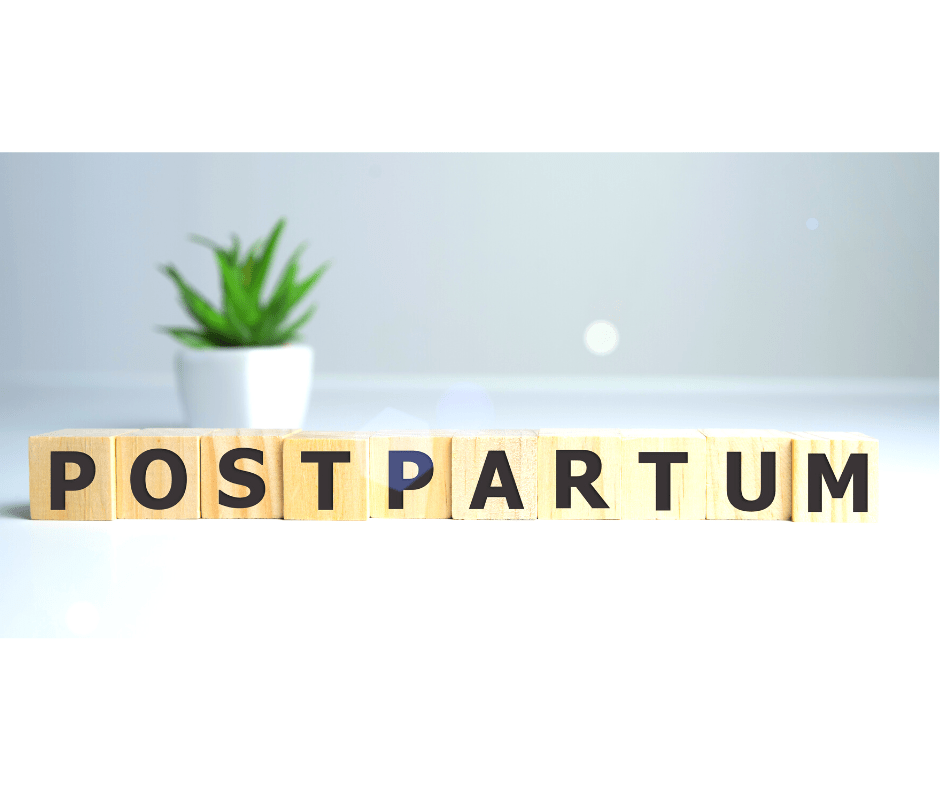By Contributing Writer Tami V. Allen, MS, LPC
Having a baby is one of the most precious gifts of life but it’s very natural to feel overwhelmed after the birth, having to adjust to a new way of life. But what if you are, eventually, not able to move beyond the feelings of being overwhelmed, sleep deprivation, anxiety, unexplained crying spells, irritability, and wanting to disconnect from others? Could this be depression or postpartum depression? Understanding the difference can give you better insight and help you to know when to seek professional help.
Experiencing postpartum depression is unique for every woman, however, there are symptoms they all have in common which can appear within four weeks of delivery. In addition to the ones mentioned above, the most tell-tale signs are after you have this beautiful baby that you’ve waited so long to arrive, when you look at the baby, there is no feeling of joy as expected. You feel disconnected and detached from the baby and may even have thoughts of hurting the baby. You may pull away from your partner and family and feel lonely or neglected by them at the same time even when they are around. Occasionally, you feel angered with no obvious trigger. There is also a feeling of intense sadness and hopelessness which may eventually lead to suicidal thoughts.
An alternative to postpartum depression is postpartum psychosis which is rare but more severe than normal depression. These symptoms usually appear within two weeks or a few months and you begin to lose touch with reality. That may include hallucinations where you hear or see things that others do not. Delusions (false beliefs), paranoia, confusion and disorientation, and episodes of mania (extreme raid changes in mood and emotions) can lead to aggression towards others, and extreme changes in appetite, weight, and sleep habits. These symptoms require immediate medical and psychiatric attention to help reduce and manage these symptoms.
Postpartum depression is treatable with intensely personal and cognitive behavioral therapy, bright light therapy, electroconvulsive therapy, and medications. The U.S. Food and Drug Administration approved the first drug to treat postpartum depression in 2019. Brexanolone is the generic name given as an infusion for 2.5 days/60 hours. Many women worry about the side effects of breastfeeding, which is a conversation to have with your medical professional.
Some immediate self-help strategies include asking for help from others, sleeping as much as possible especially when the baby is sleeping, saving time to indulge yourself, getting some exercise and making sure to eat properly, focusing on deep breathing when feeling anxious and overwhelmed, and lastly, get some sunlight and let the natural light come through the windows when you are not sleeping.
For more information, you can talk to your medical professional, join support groups, and do your own research.
You can visit Allen Counseling Group on the web at www.AllenCounselingGroup.com. For questions, email Tami@AllenCounselingGroup.com or call 713-597-4499.
Like and follow the Allen Counseling Group on social media:
FB: @AllenCounseling2017
IG: @AllenCounselingGroup
Twitter: @CounselingAllen
References:
PsychCentral: https://psychcentral.com/depression/postpartum-depression #nextsteps
Postpartum Support Line: https://www.postpartum.net, 800-944-4773
National Suicide Prevention Line: 800-273-8255







